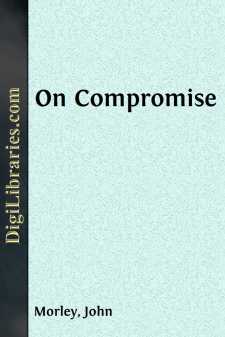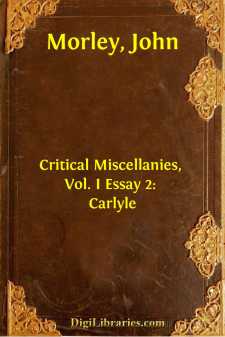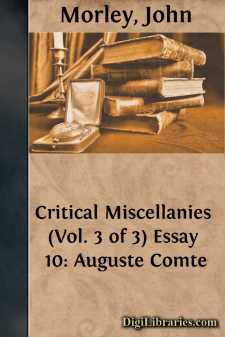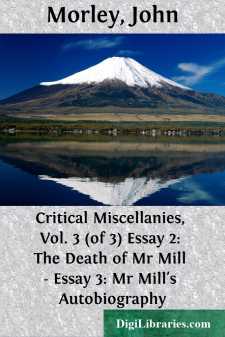Categories
- Antiques & Collectibles 13
- Architecture 36
- Art 48
- Bibles 22
- Biography & Autobiography 813
- Body, Mind & Spirit 142
- Business & Economics 28
- Children's Books 16
- Children's Fiction 13
- Computers 4
- Cooking 94
- Crafts & Hobbies 4
- Drama 346
- Education 46
- Family & Relationships 57
- Fiction 11829
- Games 19
- Gardening 17
- Health & Fitness 34
- History 1377
- House & Home 1
- Humor 147
- Juvenile Fiction 1873
- Juvenile Nonfiction 202
- Language Arts & Disciplines 88
- Law 16
- Literary Collections 686
- Literary Criticism 179
- Mathematics 13
- Medical 41
- Music 40
- Nature 179
- Non-Classifiable 1768
- Performing Arts 7
- Periodicals 1453
- Philosophy 64
- Photography 2
- Poetry 896
- Political Science 203
- Psychology 42
- Reference 154
- Religion 513
- Science 126
- Self-Help 84
- Social Science 81
- Sports & Recreation 34
- Study Aids 3
- Technology & Engineering 59
- Transportation 23
- Travel 463
- True Crime 29
On Compromise
by: John Morley
Description:
Excerpt
CHAPTER I.
The design of the following essay is to consider, in a short and direct way, some of the limits that are set by sound reason to the practice of the various arts of accommodation, economy, management, conformity, or compromise. The right of thinking freely and acting independently, of using our minds without excessive awe of authority, and shaping our lives without unquestioning obedience to custom, is now a finally accepted principle in some sense or other with every school of thought that has the smallest chance of commanding the future. Under what circumstances does the exercise and vindication of the right, thus conceded in theory, become a positive duty in practice? If the majority are bound to tolerate dissent from the ruling opinions and beliefs, under what conditions and within what limitations is the dissentient imperatively bound to avail himself of this toleration? How far, and in what way, ought respect either for immediate practical convenience, or for current prejudices, to weigh against respect for truth? For how much is it well that the individual should allow the feelings and convictions of the many to count, when he comes to shape, to express, and to act upon his own feelings and convictions? Are we only to be permitted to defend general principles, on condition that we draw no practical inferences from them? Is every other idea to yield precedence and empire to existing circumstances, and is the immediate and universal workableness of a policy to be the main test of its intrinsic fitness?
To attempt to answer all these questions fully would be nothing less than to attempt a compendium of life and duty in all their details, a Summa of cases of conscience, a guide to doubters at every point of the compass. The aim of the present writer is a comparatively modest one; namely, to seek one or two of the most general principles which ought to regulate the practice of compliance, and to suggest some of the bearings which they may have in their application to certain difficulties in modern matters of conduct.
It is pretty plain that an inquiry of this kind needs to be fixed by reference to a given set of social circumstances tolerably well understood. There are some common rules as to the expediency of compromise and conformity, but their application is a matter of endless variety and the widest elasticity. The interesting and useful thing is to find the relation of these too vague rules to actual conditions; to transform them into practical guides and real interpreters of what is right and best in thought and conduct, in a special and definite kind of emergency. According to the current assumptions of the writer and the preacher, the one commanding law is that men should cling to truth and right, if the very heavens fall. In principle this is universally accepted. To the partisans of authority and tradition it is as much a commonplace as to the partisans of the most absolute and unflinching rationalism. Yet in practice all schools alike are forced to admit the necessity of a measure of accommodation in the very interests of truth itself....














